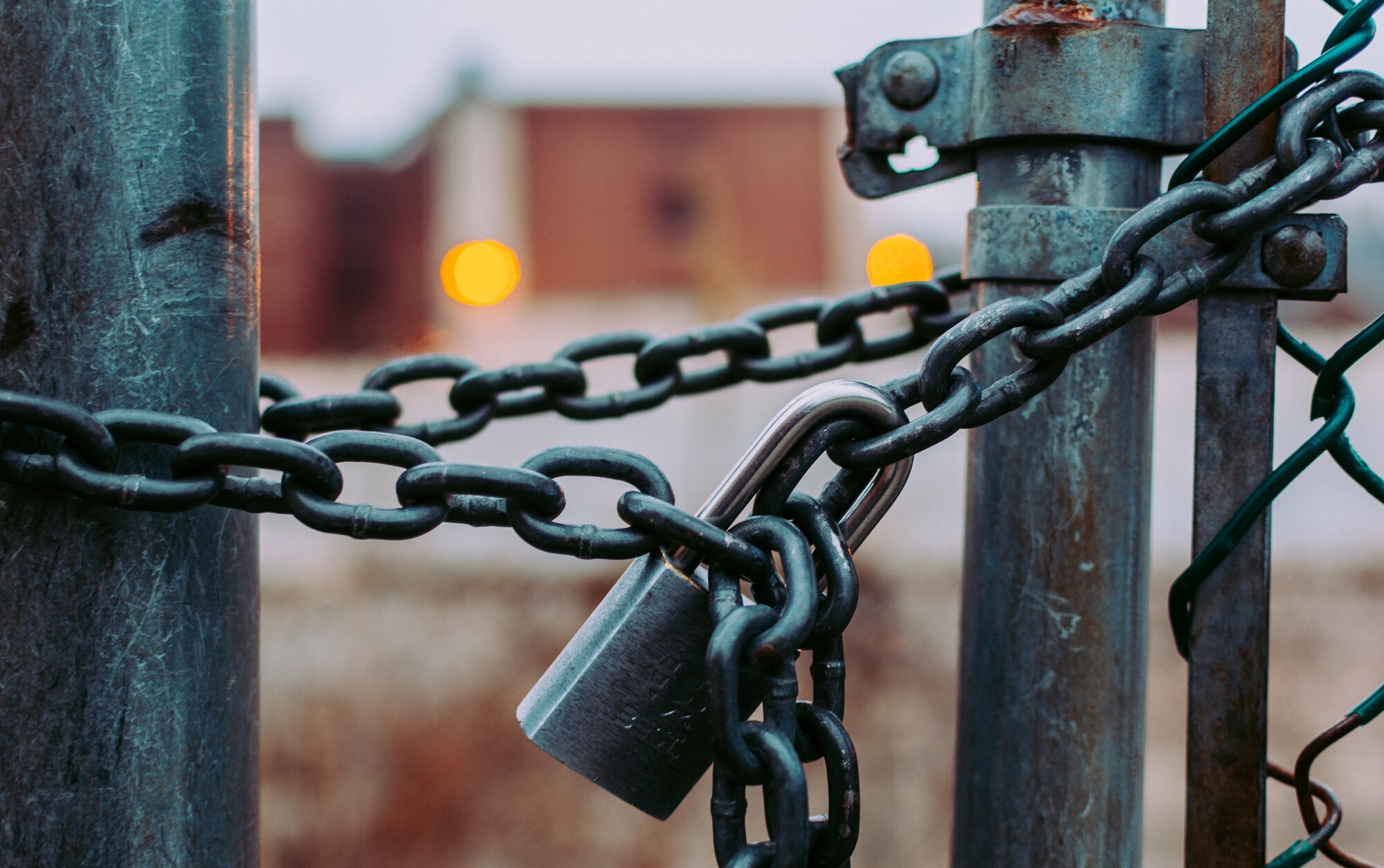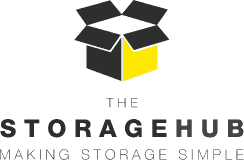How secure are self storage units?
The best self-storage facilities prioritise security to protect the belongings of their customers. Here are some of the security measures that the best internal self-storage facilities may have in place:
- Access control: The facility should have access control measures such as electronic gates or doors that require a key fob, access code or key card to enter. This can prevent unauthorized individuals from accessing the facility.
- Video surveillance: Security cameras should be placed strategically throughout the facility to monitor activity and deter potential thieves. The cameras should be high-quality and provide clear footage that can be used to identify individuals in case of a security breach.
- Alarms: Some facilities may have alarms that are triggered if someone tries to break into a unit or access the facility without authorisation. This can alert security personnel and/or the police, as well as deter the would-be criminal.
- On-site security personnel: The very best self-storage facilities may have security personnel on-site 24: 7to monitor activity and ensure that security protocols are being followed. having on site staff 9.00 to 17:00 isnt much of an advantage as criminals work outside these hours.
- Strong locks: The storage units themselves should have strong locks that cannot be easily picked or broken. Some facilities may offer more secure units with additional features such as steel walls and doors.
- Lighting: Internal and External lighting can deter potential thieves and help ensure the safety of the facility.
It is important to choose a reputable self-storage facility that prioritises security and has measures in place to protect your belongings. Make sure to do your research and ask questions about the facility’s security protocols before renting a unit.

Comparing Internal to External Self Storage Security
Internal self-storage facilities generally provide greater security than external container storage, but the level of security can vary depending on the facility. Here are some factors to consider:
- Access control: Internal self-storage facilities usually have more secure access control measures than external container storage. For example, they may have electronic gates or doors that require an electronic fob, code or key card to enter, whereas external container storage may only have a padlock or basic locking mechanism.
- Video surveillance: Internal self-storage facilities are more likely to have video surveillance that covers the entire facility, including the areas around the storage units. External container storage may not have any surveillance or may only have cameras in certain areas.
- Location: Many internal self-storage facilities are located on industrial / commercial estates where there is a constant stream of traffic and people. External container storage sites are often located in more remote locations (often in a field / rural location)
- Lighting: Internal self-storage facilities usually have better lighting than external container storage, which can make it more difficult for thieves to operate unseen.
- Structural security: Internal self-storage facilities are typically more structurally secure than external container storage. For example, the units may have steel walls and doors that are difficult to breach.
It’s important to note that there are some external container storage providers that do offer secure storage options with advanced security features. Ultimately, the security of a storage facility depends on the specific measures that are in place. It’s important to do your research and choose a reputable storage provider that has a strong security track record.
Looking for more information on storage unit sizes and cost?
Additional Internal Self Security Measures
Additional security measures you can take when renting an internal self-storage unit to further ensure the safety of your belongings include:
- Choose a unit location: When renting a unit, try to choose one that is located in a well-lit area, preferably near the main entrance or security office. This can make it more difficult for thieves to break in unnoticed.
- Use a high-quality lock: Make sure to use a high-quality lock that cannot be easily picked or broken. Avoid using a padlock as these can be easily cut with bolt cutters. Consider using a heavy-duty combination lock or a disc lock with a shrouded hasp. There are several selection criteria for a high-performance padlock, including
- Durability: The padlock should be made of strong and durable materials, such as hardened steel, that can withstand harsh conditions and resist tampering attempts.
- Size and weight: The padlock should be compact and lightweight enough to be easily portable, but not so small that it can be easily broken or picked.
- Security features: The padlock should have security features such as a hardened steel shackle, a high-security keyway, and anti-pick pins, to prevent unauthorized access.
- Resistance to cutting and drilling: The padlock should be resistant to cutting and drilling attacks, which are commonly used by thieves to gain access to locked items.
- Weather resistance: The padlock should be able to withstand exposure to the elements, including rain, snow, and extreme temperatures.
- Key control: The padlock should come with a unique key that cannot be easily duplicated, to prevent unauthorized access.
- Price: The price of the padlock should be reasonable and commensurate with its quality and level of security.
- Don’t share your access code or key card: Keep your access code or key card confidential and avoid sharing it with anyone. If you need to give access to someone else, consider accompanying them to the unit or giving them a temporary code that you can change later.
- Avoid storing high-value items: If possible, avoid storing high-value items such as jewellery or expensive electronics in your storage unit. These items may be more attractive to thieves and can be difficult to replace.
- Insure your belongings: Consider purchasing insurance to protect your belongings in case of theft or damage. Some storage facilities may offer insurance options or you can purchase insurance through your homeowner’s or renter’s insurance policy.
Summary: How secure are self storage units?
Check the facility’s security measures: Before renting a unit, make sure to ask about the facility’s security measures and check for any recent security breaches. Look for facilities that have video surveillance, on-site security personnel, and strong access control measures.
As a business if you are looking for serviced offices, rooms for meetings and conference facilities to complement off site storage contact Brightfield Business Hub

